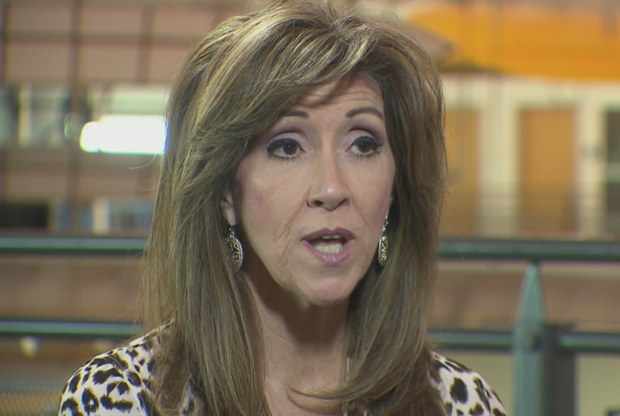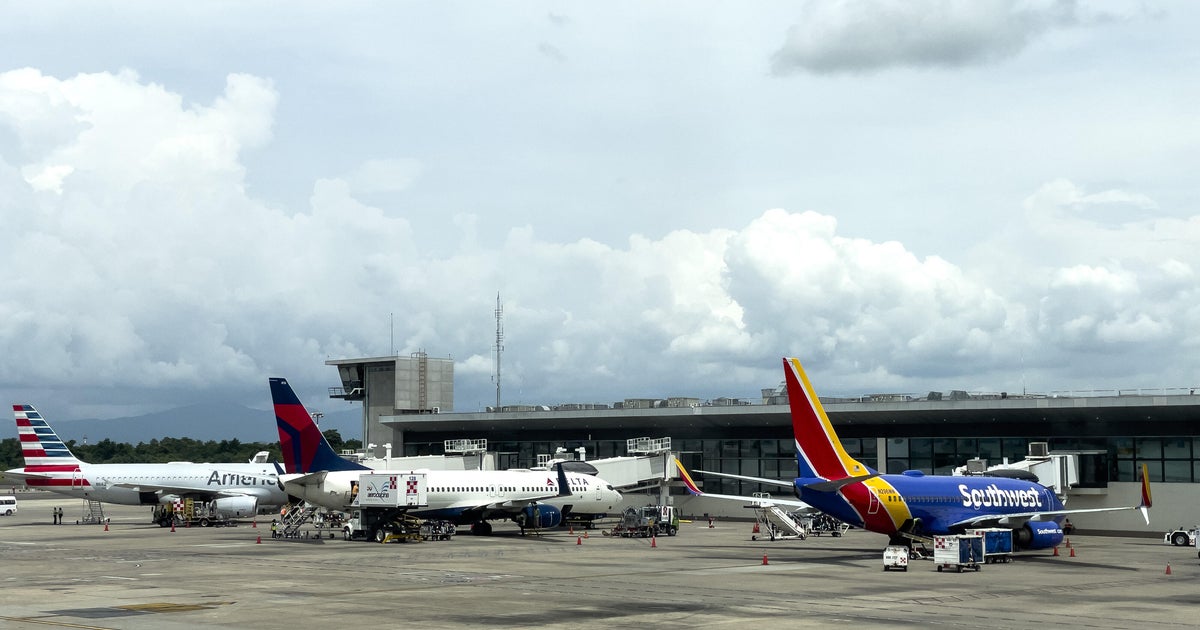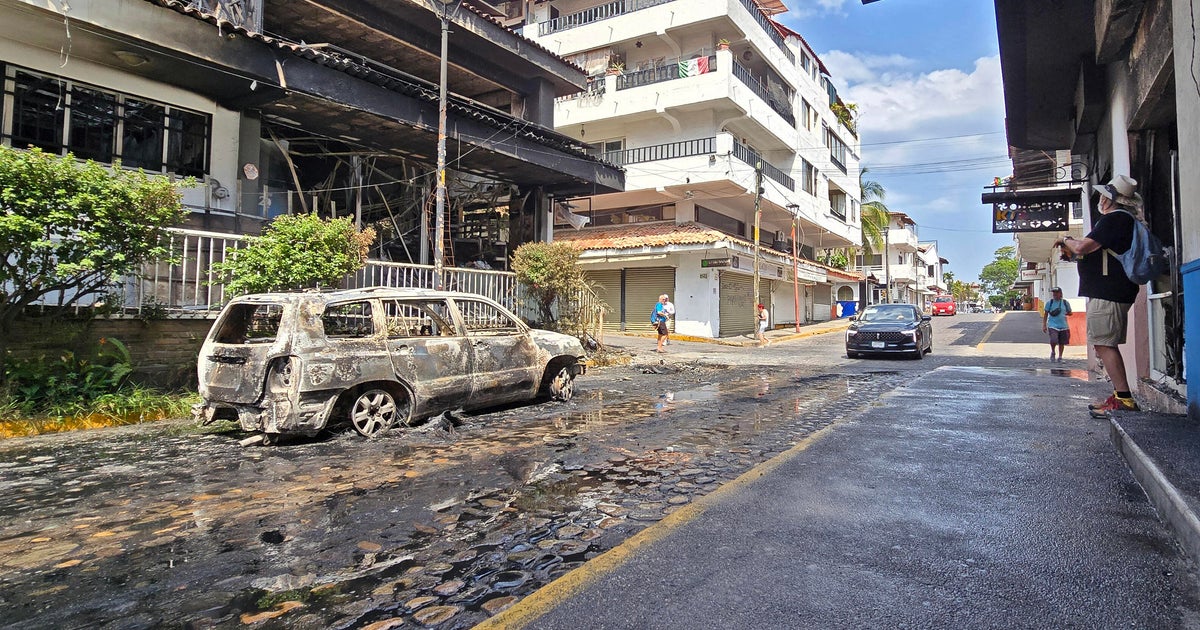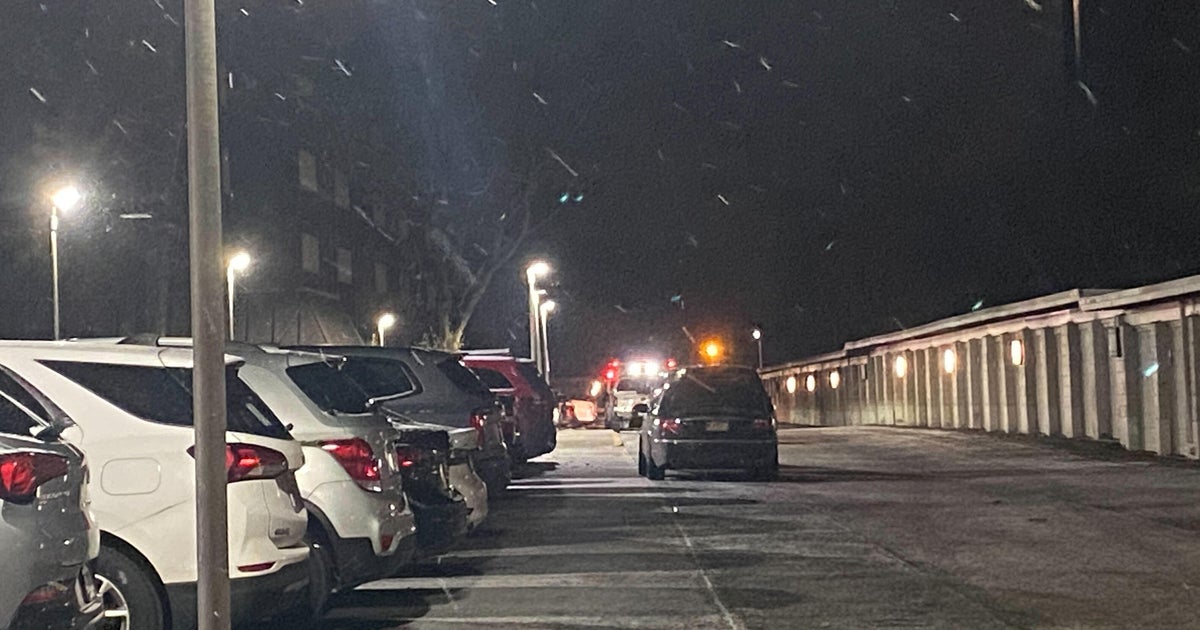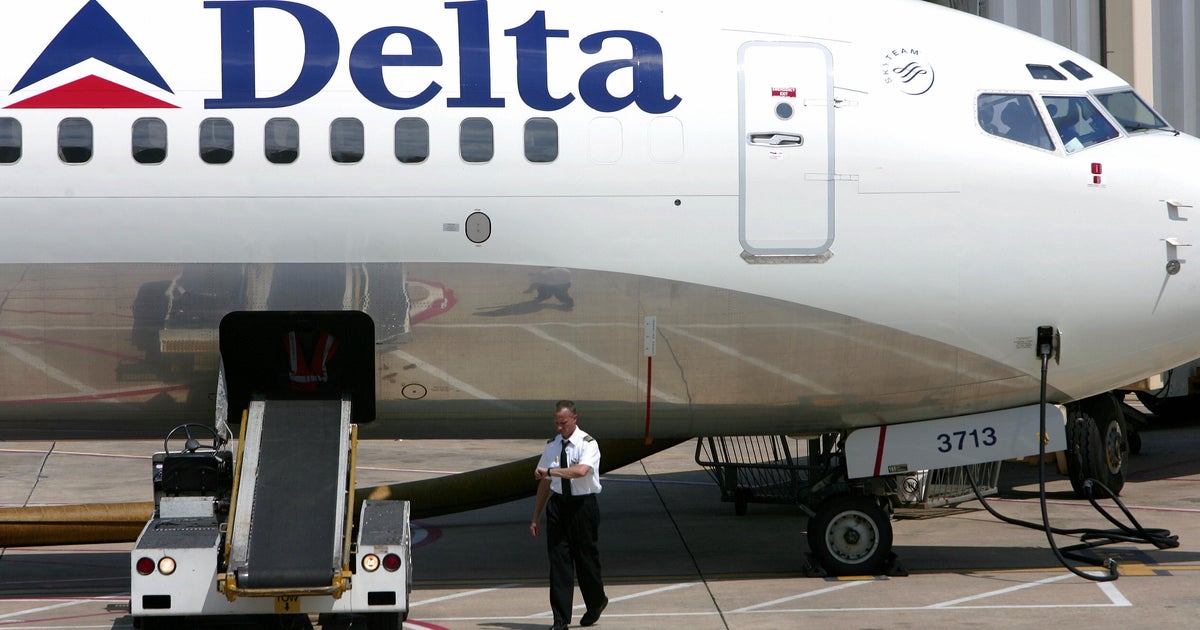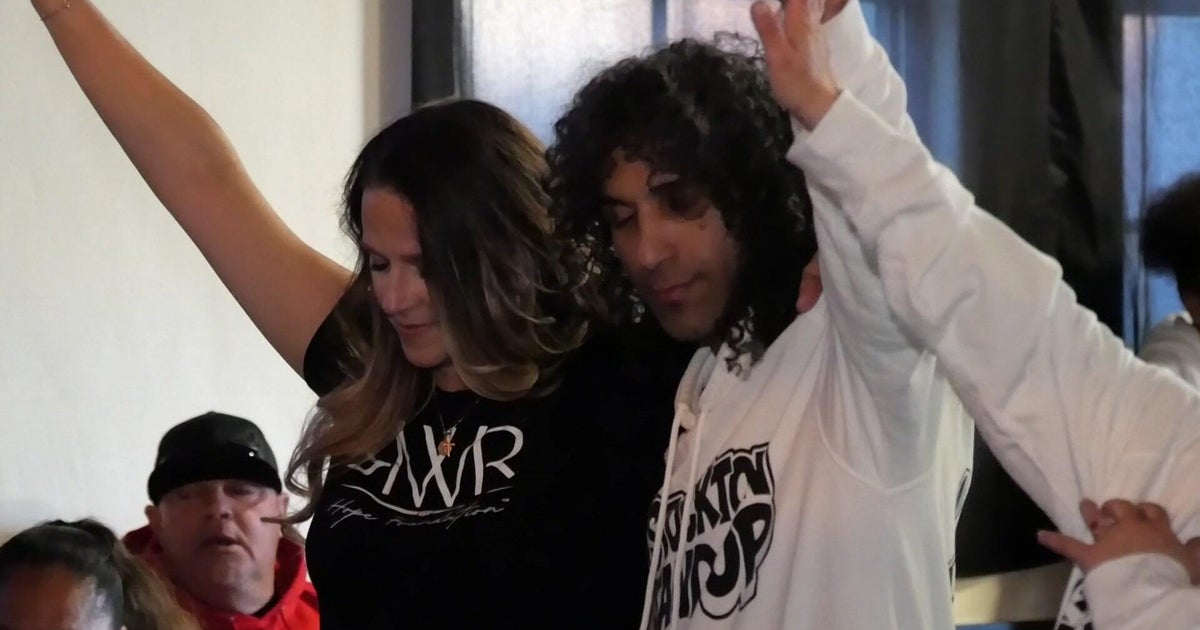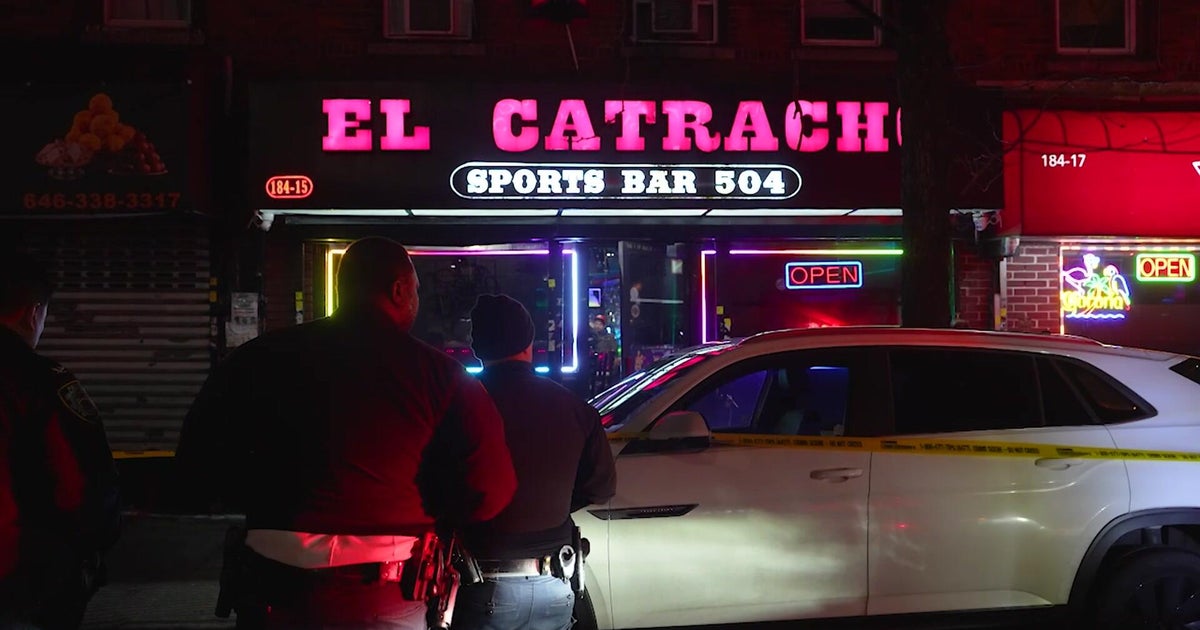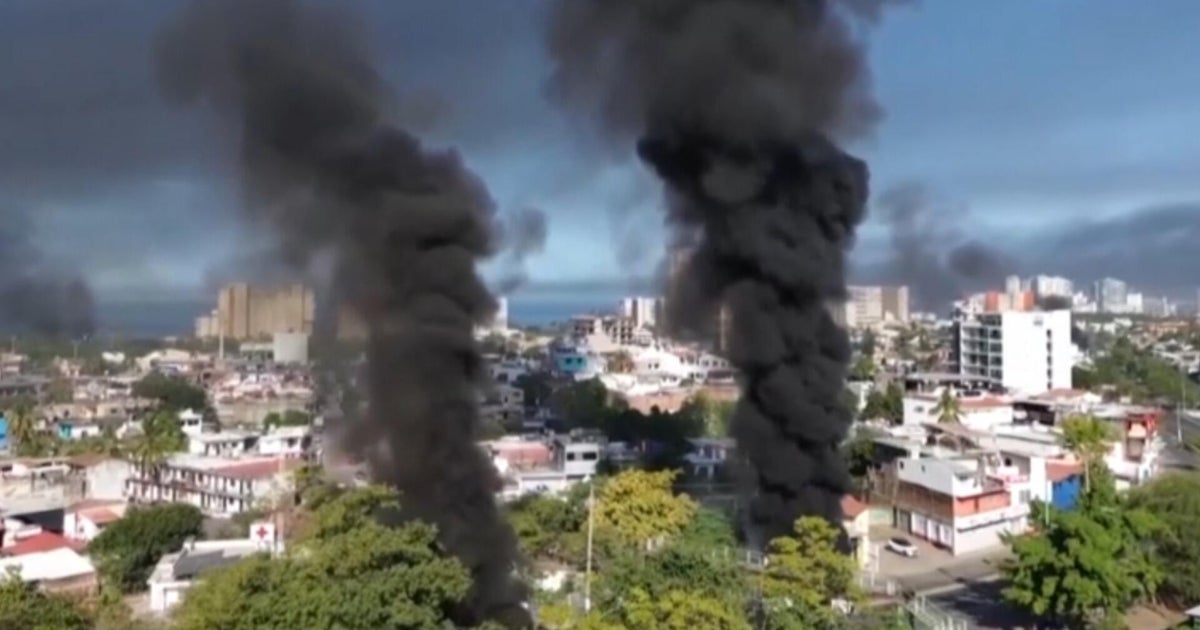NTSB Recommends Changes To Boeing 737 After Deadly Southwest Airlines Incident
DALLAS (CBSDFW.COM) - The NTSB is recommending changes after a deadly accident involving a Southwest Airlines Boeing 737 last year.
The proposals involve a part of the engine assembly on the Boeing 737 NG or Next Generation models, not the Max.
In a statement, Boeing said it's working on the changes, and that until then, the planes are still safe to fly.
During a hearing Tuesday, the NTSB concluded that a cracked fan blade suddenly broke apart on Southwest Flight 1380 from New York to Dallas April 17, 2018.
Investigators said that caused such extensive damage to the engine, that it shattered its surrounding casing and sent debris flying into a window.
The agency said the impact to the jet caused the death of passenger Jennifer Riordan.
Investigators blame the engine's fan cowl.
NTSB Member Jennifer Homendy said, "The associated stresses in the fan cowl structure exceeded the residual strength of the fan cowl, causing its failure."
As a result, the NTSB wants the FAA to require Boeing to redesign the fan cowl structure on the 737 NG.
Once complete, the NTSB wants Boeing to install the redesigned fan cowl structure on its newly produced 737 NG's, and for airlines and other operators to retrofit their 737 NG models.
During the incident, pilot Tammie Jo Shults did all she could to land the jet safely, which suffered a rapid cabin depressurization.
The NTSB also wants Southwest Airlines to emphasize the importance of its flight attendants to sit in their jump seats after investigators learned they were sitting on the floor during the emergency landing.
Homendy said, "The flight attendants should have been properly restrained in their assigned jump seats in case an emergency evacuation after landing was necessary."
The NTSB said one of the passengers was actually sitting in a flight attendant's jump seat because there weren't any other seats available.
The NTSB wants the FAA to look into what airlines can do when that happens.
In a statement, Southwest Airlines said, "We look forward to reviewing the recommendations of the NTSB and continuing our ongoing work with the manufacturers to prevent a similar event from ever happening again."
